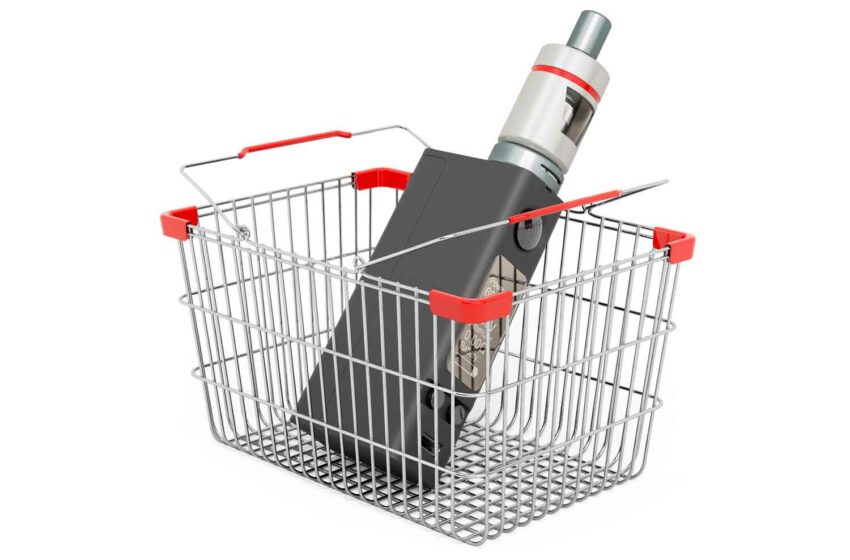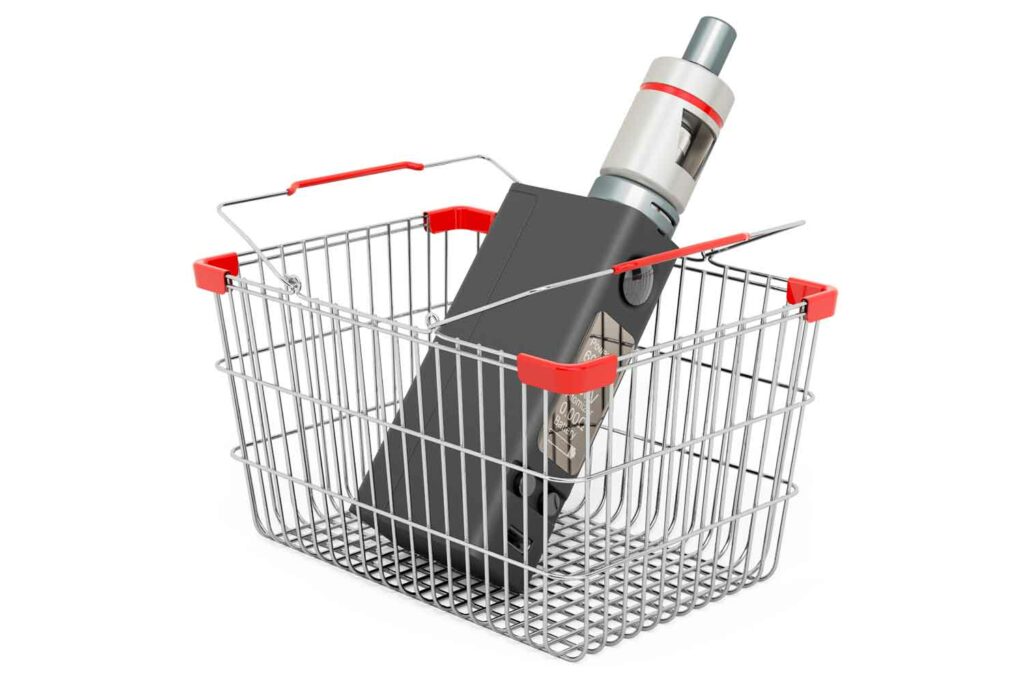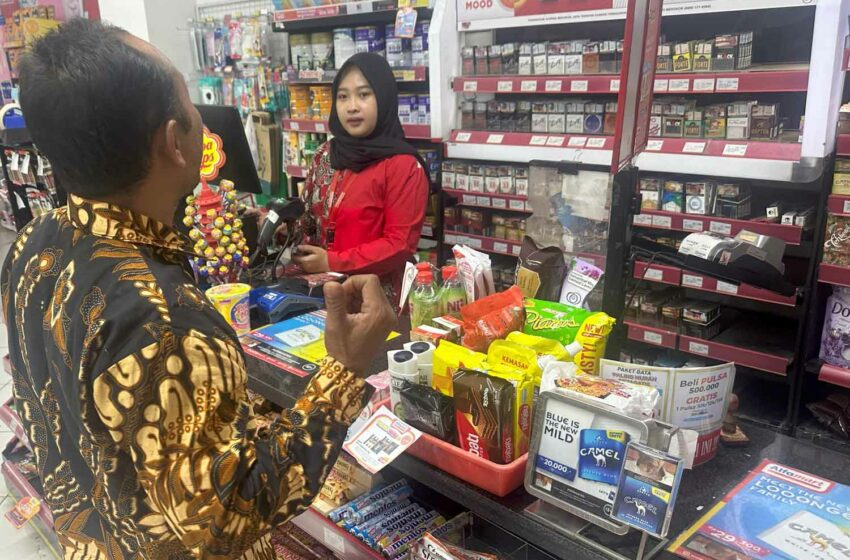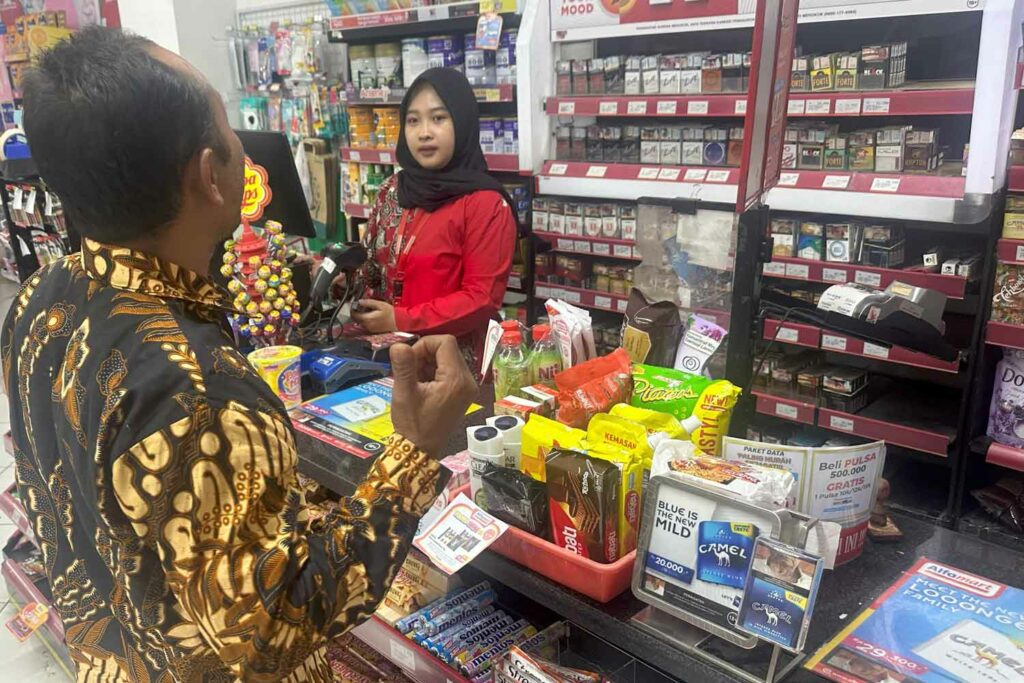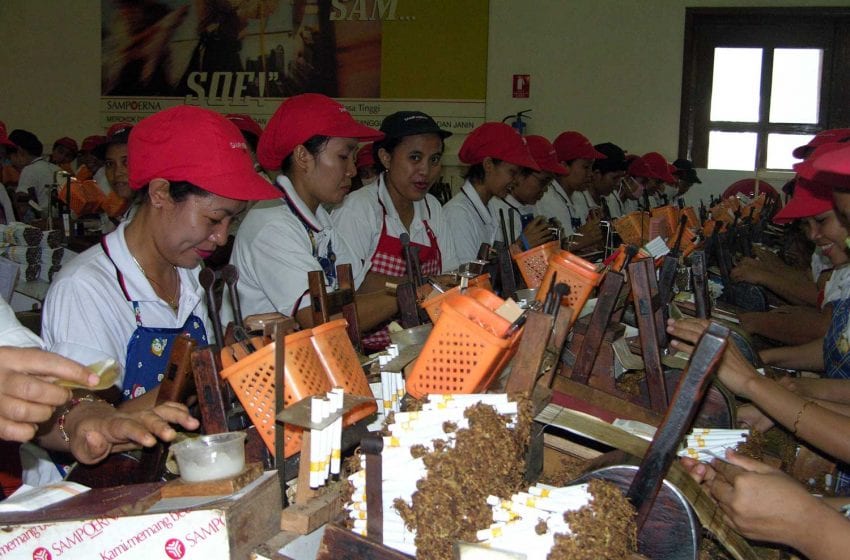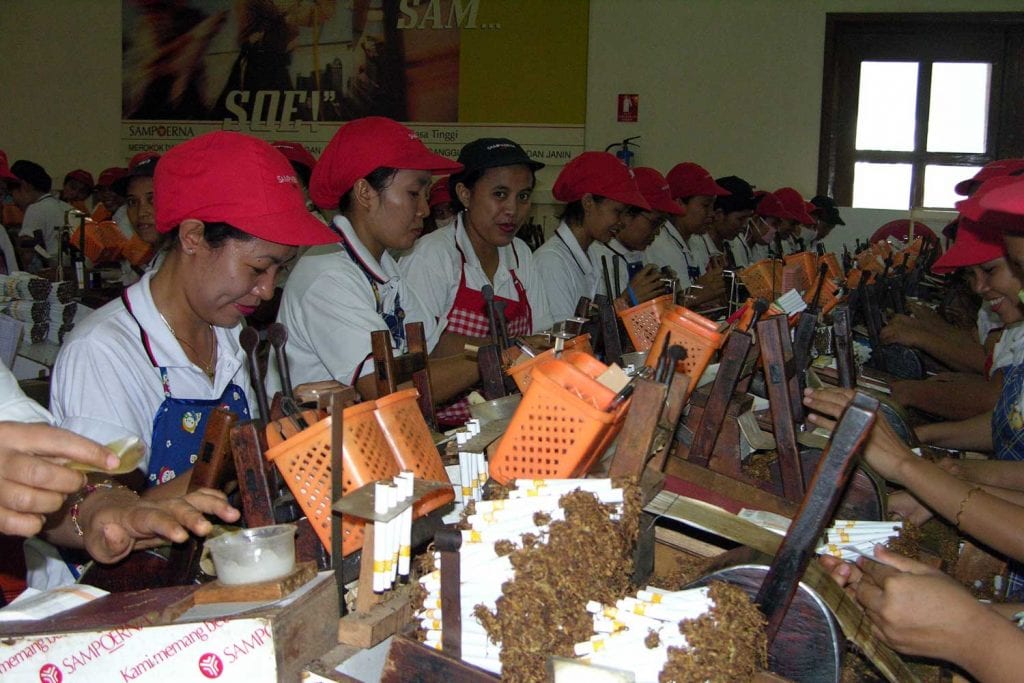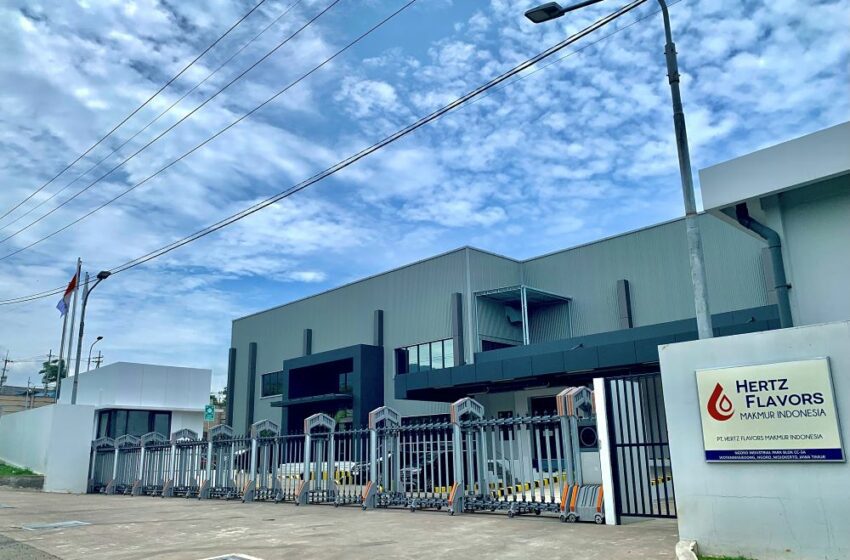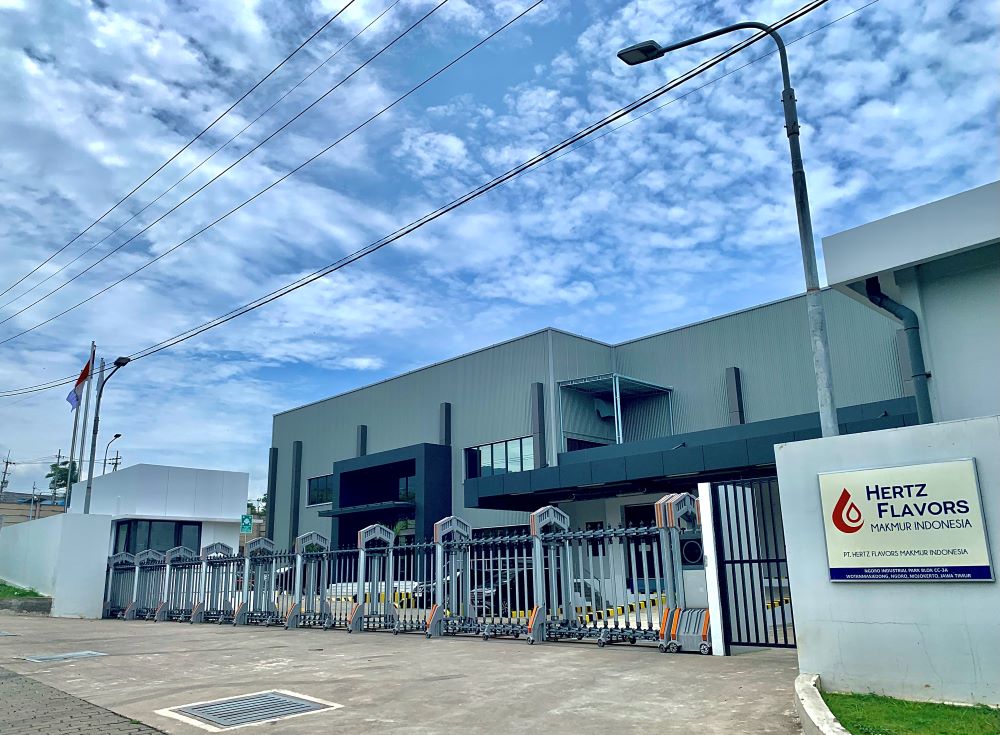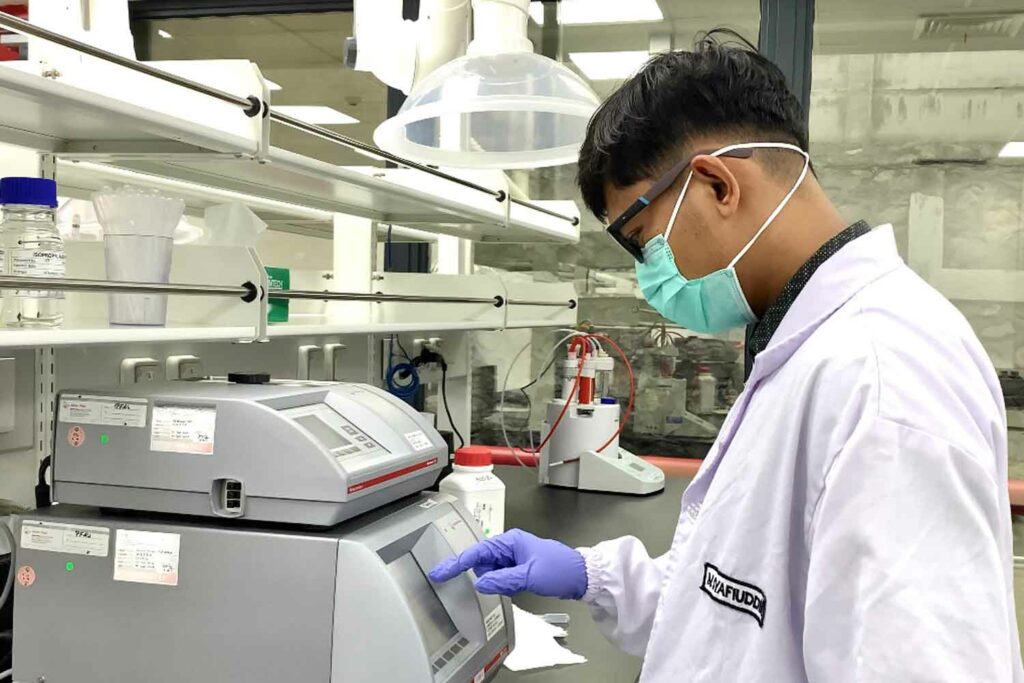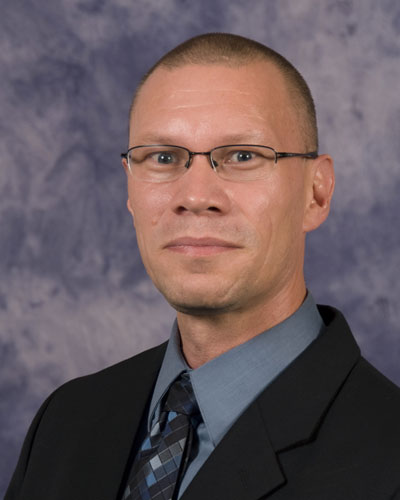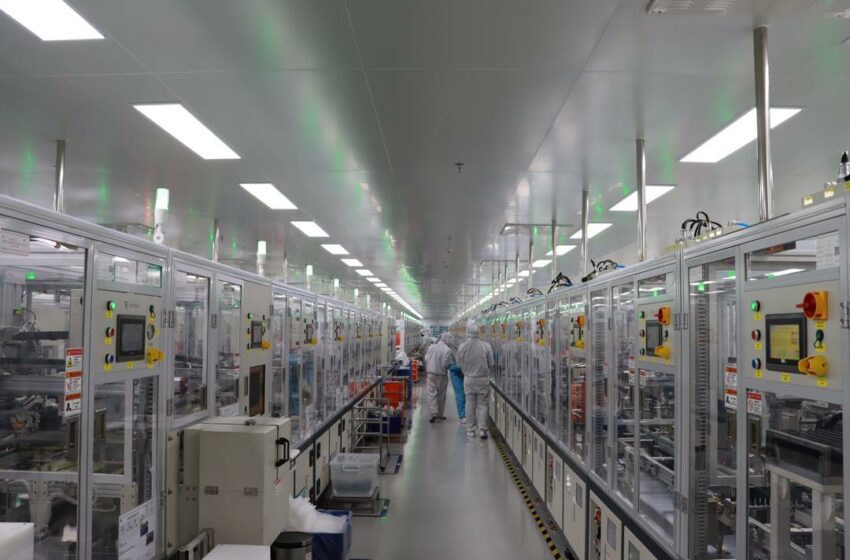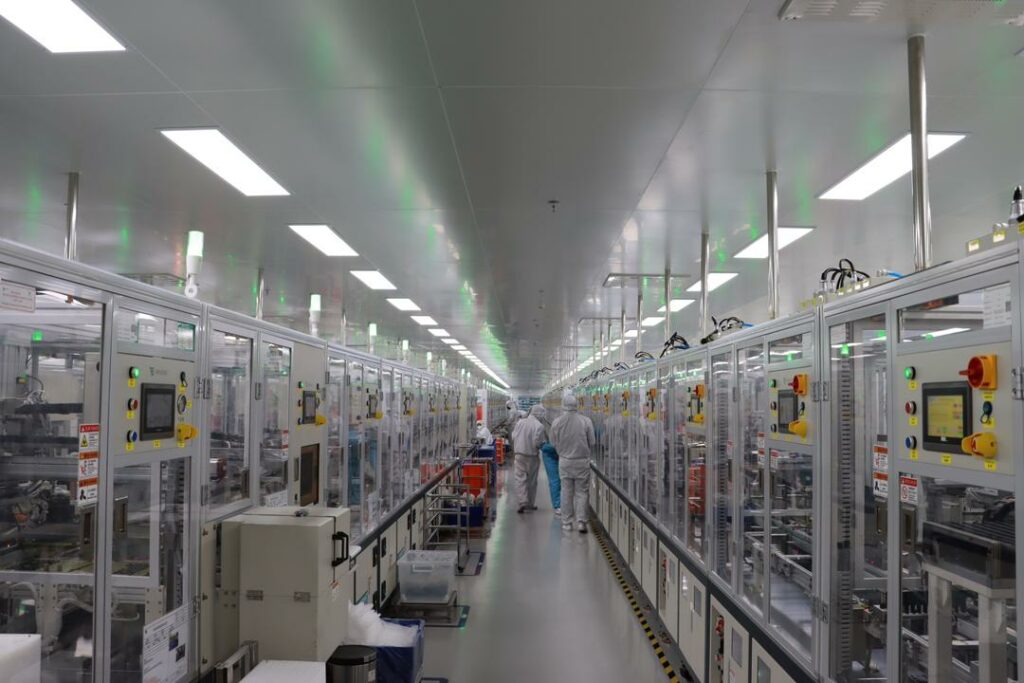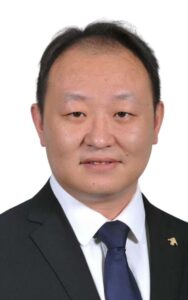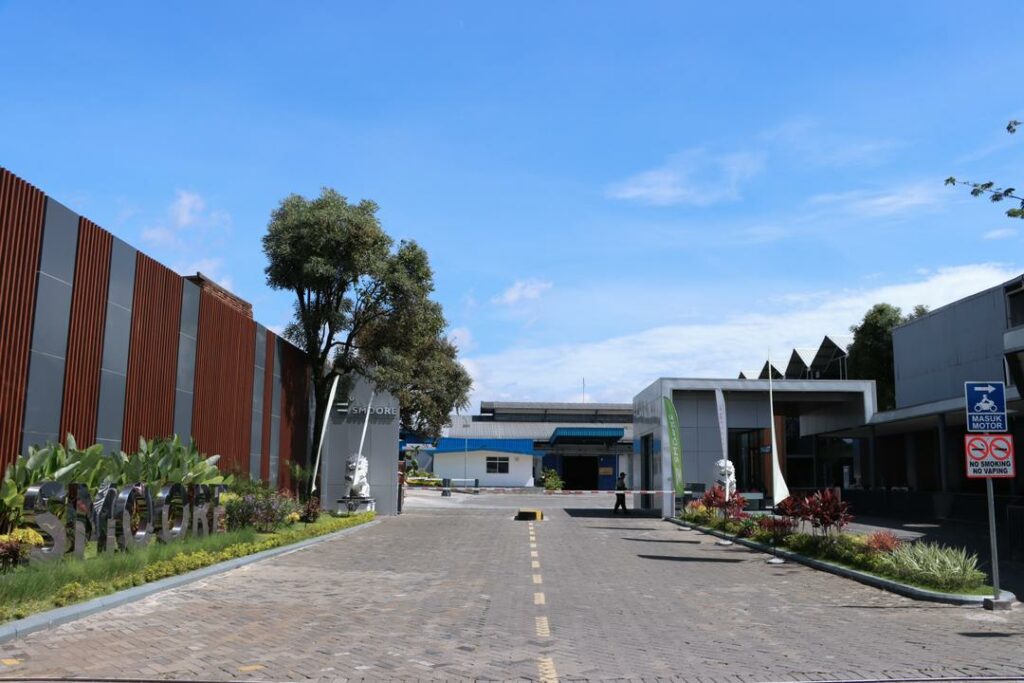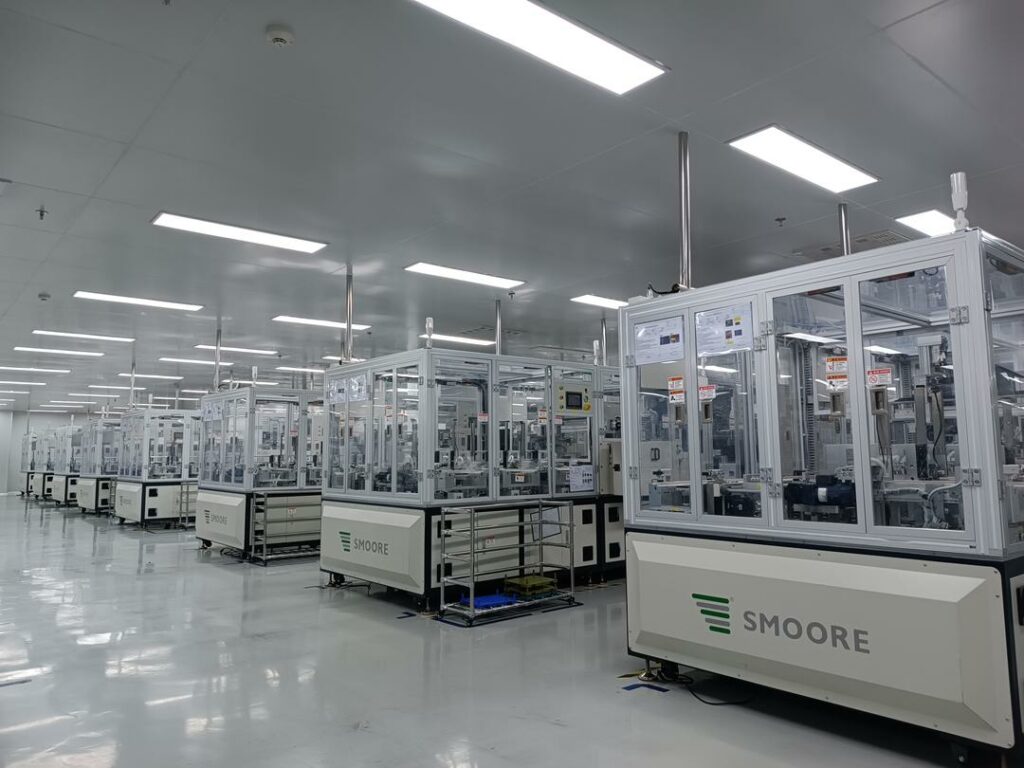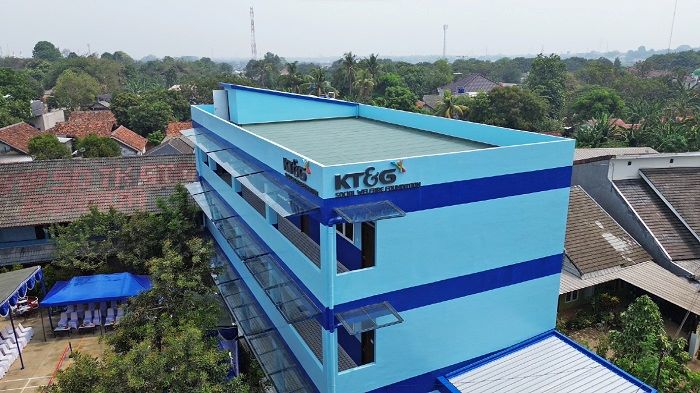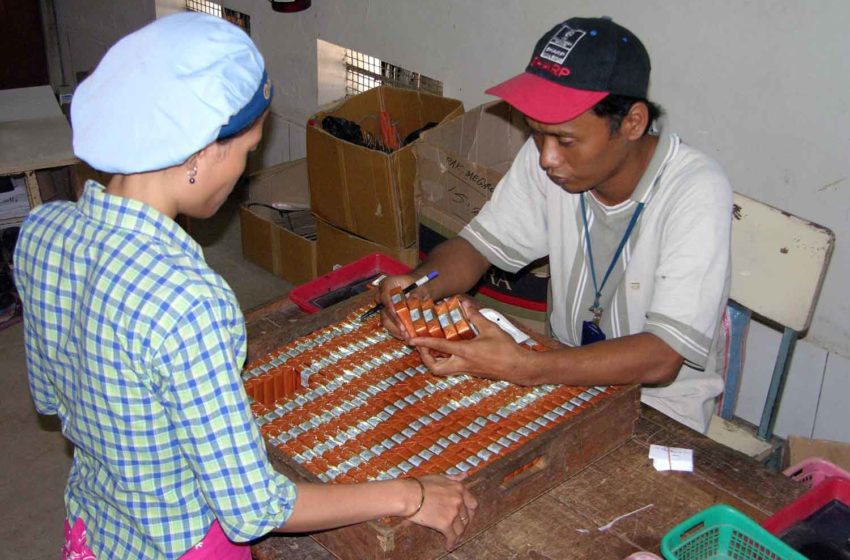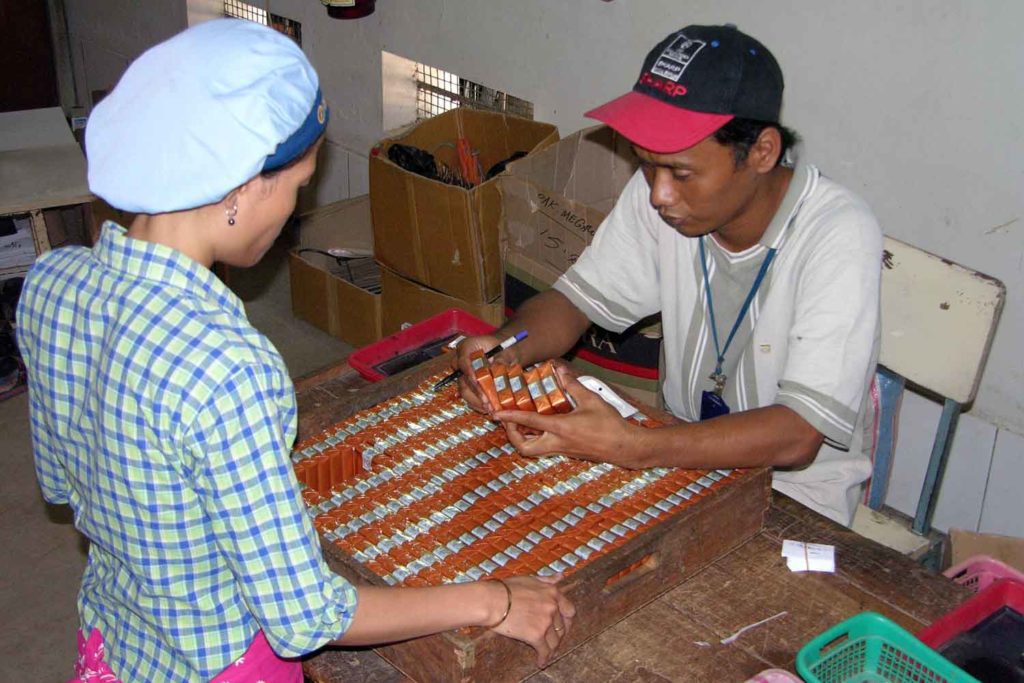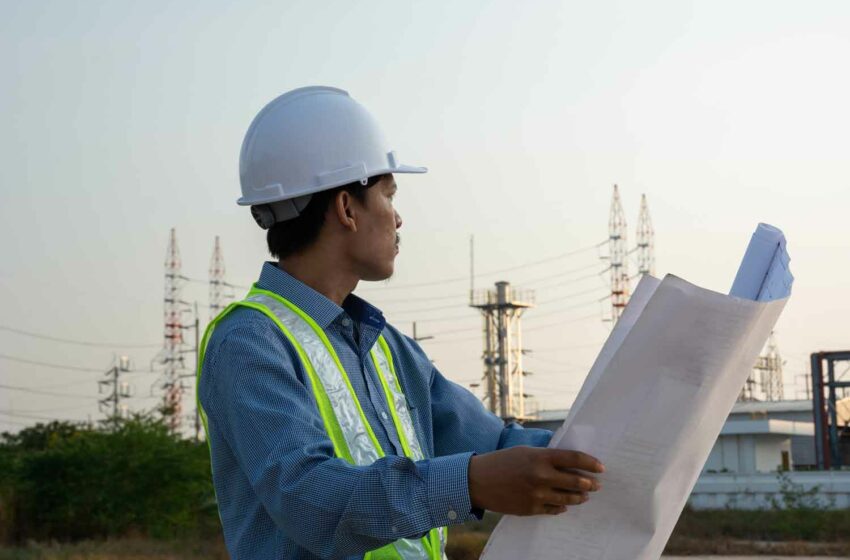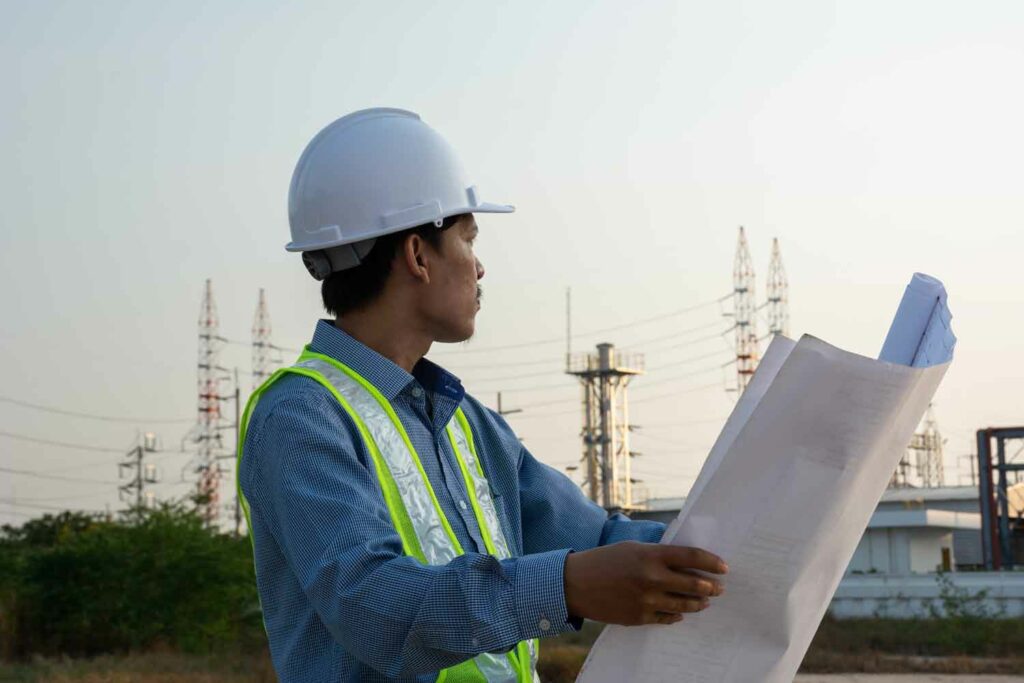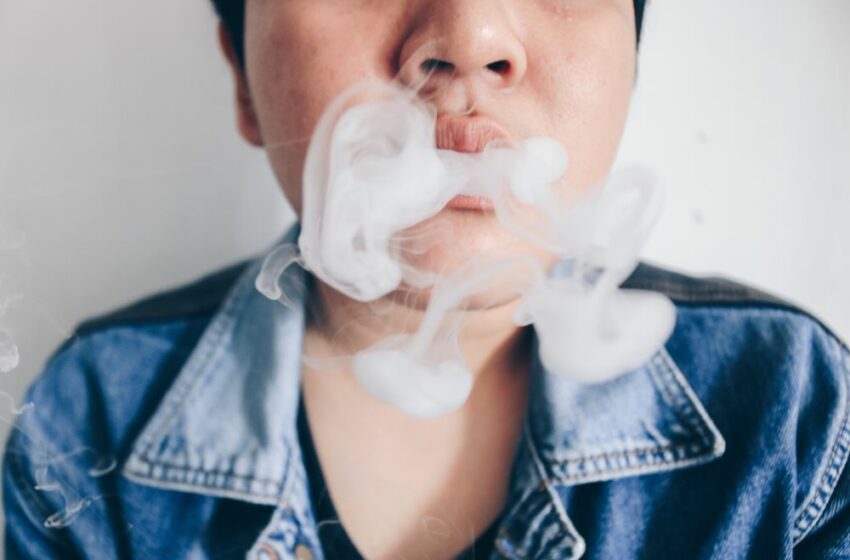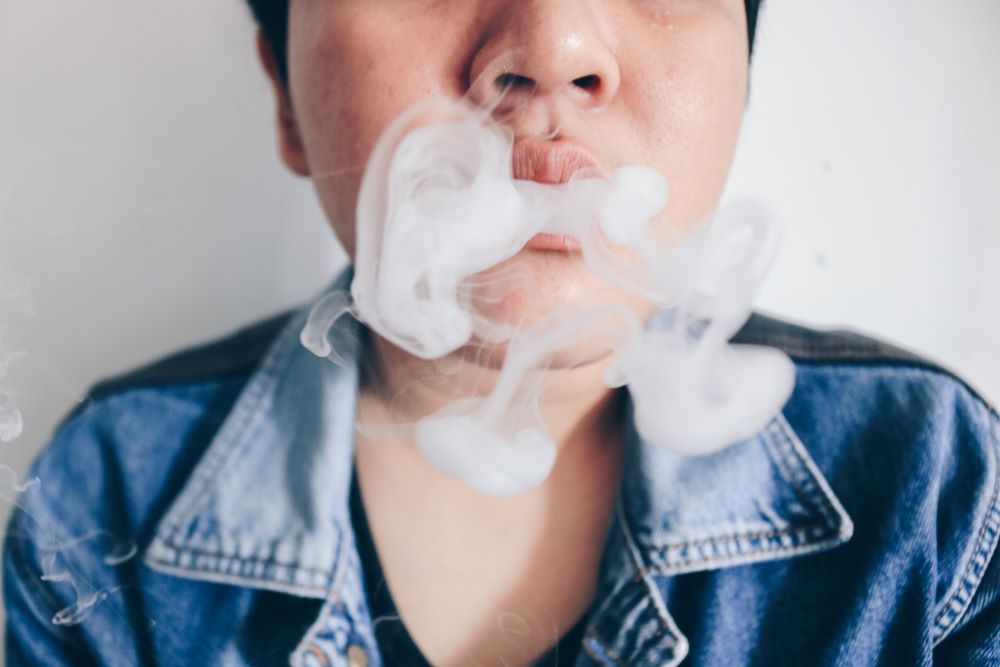In July 2020, the company took its business public, raising more than US$1 billion on the Hong Kong Stock Exchange. The cash provided it with the confidence and financial flexibility to explore the possibility of strengthening its Chinese manufacturing base with a facility abroad.
The immediate question was: where? The United States and Europe are Smoore’s biggest markets, but those places are also far from China, where many of Smoore’s suppliers remain based. And their regulatory environments can be intimidating for players unfamiliar with the local laws.
Smoore decided to look closer to home, in Southeast Asia, which like China has a long tradition of manufacturing for exports. Industrial prowess was not the only criterion, however; Smoore also needed a location that was friendly to e-cigarettes. Thailand and Malaysia quickly disqualified as candidates because of their restrictions on vaping. Vietnam, by comparison, is a tolerant country for the nicotine business. It has a large domestic tobacco industry and a famously industrious workforce. However, the state requires foreign investors to not only team up with a local company but also give their Vietnamese partner a 51 percent stake in the business—an unappealing condition for Smoore.
So the choice fell on Indonesia. According to Shen, the country offers multiple advantages. For starters, it is amiable to the nicotine business—a rarity at a time when hostility is the norm in many countries. Indonesia is a major producer and consumer of tobacco products. In 2022, the country’s tobacco growers harvested 225.58 million kg of leaf, and its cigarette companies produced more than 330 billion sticks, according to the Ministry of Agriculture and the association of white cigarette producers in Indonesia, Gaprindo. The tobacco industry and its supporting sectors employ almost 6 million workers and contribute nearly 11 percent of the country’s total tax take. E-cigarettes and tobacco-heating products (THPs) have been making steady inroads in Indonesia, too, lately, especially in urban areas.
On top of that, Indonesia offers a conducive industrial environment for the e-cigarette business. The country is endowed with abundant natural resources, including nickel and copper, which are key materials in battery production. Keen to move beyond mineral extraction, the government has been pushing domestic production of power cells for electric vehicles and other applications.
The economic significance of tobacco to Indonesia means not only that the country welcomes new initiatives in the sector but also that it has a workforce accustomed to handling nicotine products. What’s more, Indonesia offers good logistics and a favorable investment climate. According to Shen, the latter factors are important because Smoore is keen to localize its supply chain as much as possible. Encouragingly, Indonesia’s business-friendly environment is expected to endure regardless of who wins next year’s presidential elections, as none of the candidates running for office appear inclined to reverse the policies that have allowed Indonesia to become one of the world’s fastest-growing economies.
Perhaps the only hesitation was the uncertainty of how Smoore, as a Chinese company, might be received in Indonesia, where throughout history there have been episodes of tensions between the Indonesian people and the country’s ethnic Chinese community. Smoore’s subsequent experience, however, demonstrated that people, regardless of their background, will generally treat you as well as you threat them: The company’s sincere effort to understand the local culture and respect local customs was reciprocated with fierce loyalty from a dedicated workforce. Local authorities, meanwhile, went out of their way to accommodate the investment. When Smoore inaugurated its facility in June 2022, Indonesia’s minister of investment attended as a guest of honor.
Remarkably, labor cost did not feature prominently in Smoore’s decision to set up shop in Indonesia. While an affordable payroll is a nice side benefit, according to Shen, the company’s focus on automation made the price of labor a less important consideration than it might have been for a less advanced player.
Smoore continues to enjoy a significant lead in this area, having set up its automation division in 2014, when manual production still prevailed in the sector. According to Shen, two developments accelerated automation—the debut of ceramic heating in 2016 and the U.S. premarket tobacco product application process. The first replaced the easily deformed wick with a more solid structure, which is easier to work with from a design perspective. The second made it cost-prohibitive to keep changing products for the all-important American market, resulting in a more predictable form factor.



